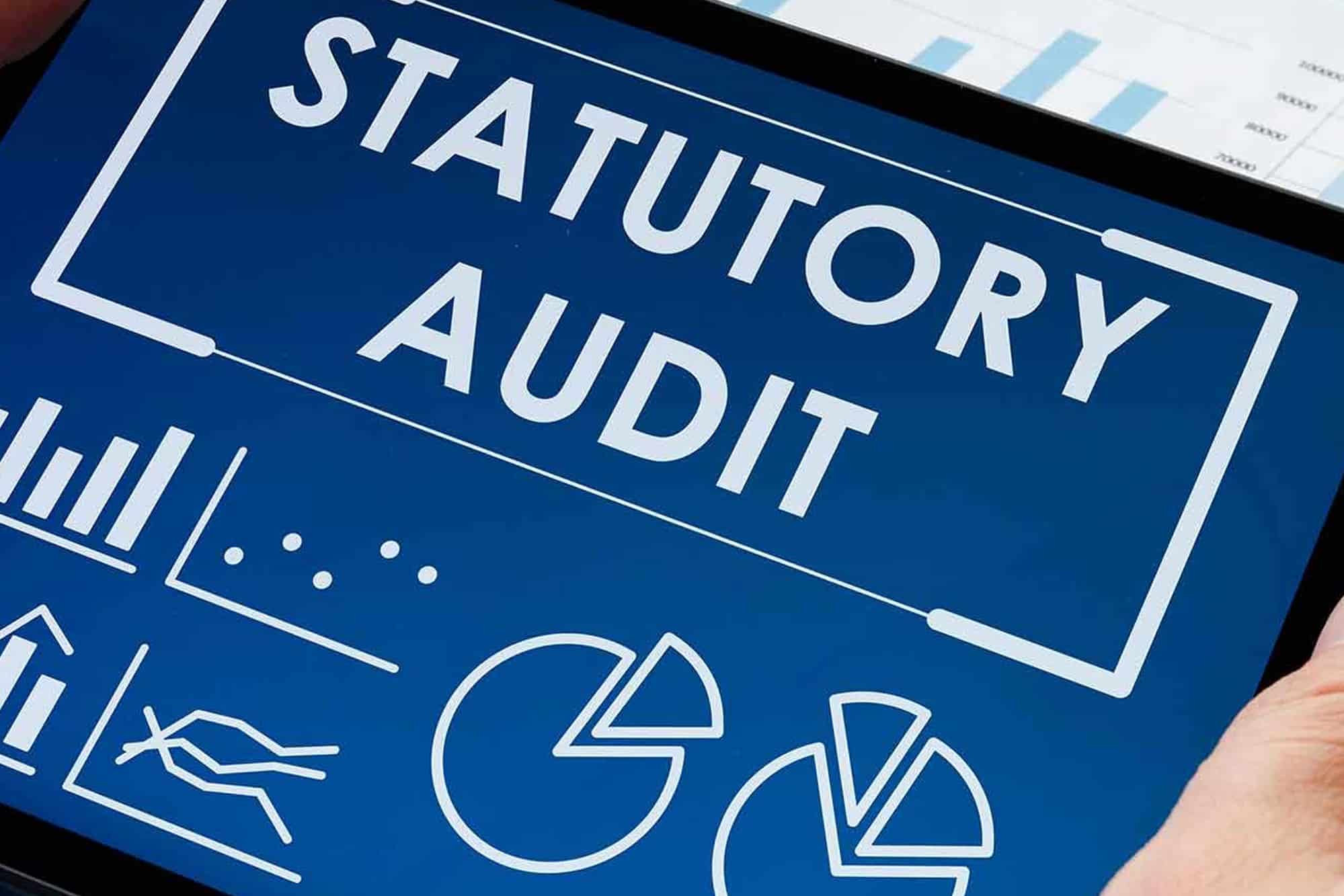Many businesses will reach a tipping point where there is a need for an audit. A first-time audit of the company's financial statements must be accurate and transparent. Any organization can take steps to ensure that its initial audit goes as smoothly as possible.
Continue reading to acquaint yourself with the critical consideration before starting your statutory audit.
Organize Accounting Records
Keep financial records in a way that will make future audits easier. Not every startup has a full-fledged financial and accounting department, thus making it necessary to collect and prepare the relevant records for the audit.
Ensure Senior Management's Commitment
Audit is a crucial procedure for your organization since it produces an expert's opinion about the financial health of your business. However, it is critical, mainly when lenders or investors rely on it. As a result, ensure that the audit is high on the priority list of essential stakeholders in management.
Understand the Indicators of a Successful Initial Audit
Pre-audit planning, sometimes known as "whiteboarding," is an essential aspect of the auditing process. Auditors and teams must have a shared knowledge of what the audit entails. A healthy working relationship between auditors and team members is critical at the end of the process.
Allow Enough Time to See the Procedure Through
Employees in finance may be responsible for financial reporting and a variety of other areas such as facilities, human resources, and office IT systems. Because an audit might take a significant amount of time and effort, it is critical in this context to free up the bandwidth to support it from start to finish.
Consider the Potential Accounting Complexities
Several of these are frequent among burgeoning growth companies. One example is revenue recognition, which can vary greatly depending on the industry. Another type of transaction is equity, which includes everything from stock-based pay to securities like warrants and convertible notes. Accounting for software development costs is another common source of confusion.
Finally, each company's presentation of gross margin (revenue less cost of sales) is unique and requires careful examination when developing a financial reporting framework. Anticipating these complications and allocating the necessary resources to manage them is critical to keeping them under check.
Conclusion
An independent financial statement audit marks a significant step toward an emerging, growth company's maturity level. Financial statement audits are rarely "one and done."
They are, instead, a commitment that necessitates a continuous investment of time, resources, and work. By following these guidelines, growing businesses can position themselves for a successful initial audit and the ability to meet the needs of an effective ongoing audit process.
How can we help?
FlyingcolourTax can help growth organizations position themselves for a successful first audit and the need for an effective continuous audit process.
Please book your free consultationwith us to know more about the comprehensive services.
To learn more about 5 Key Considerations before Starting Your Statutory Audit, book a free consultation with one of the Flyingcolour team advisors.
Disclaimer: The information provided in this blog is based on our understanding of current tax laws and regulations. It is intended for general informational purposes only and does not constitute professional tax advice, consultation, or representation. The author and publisher are not responsible for any errors or omissions, or for any actions taken based on the information contained in this blog.
